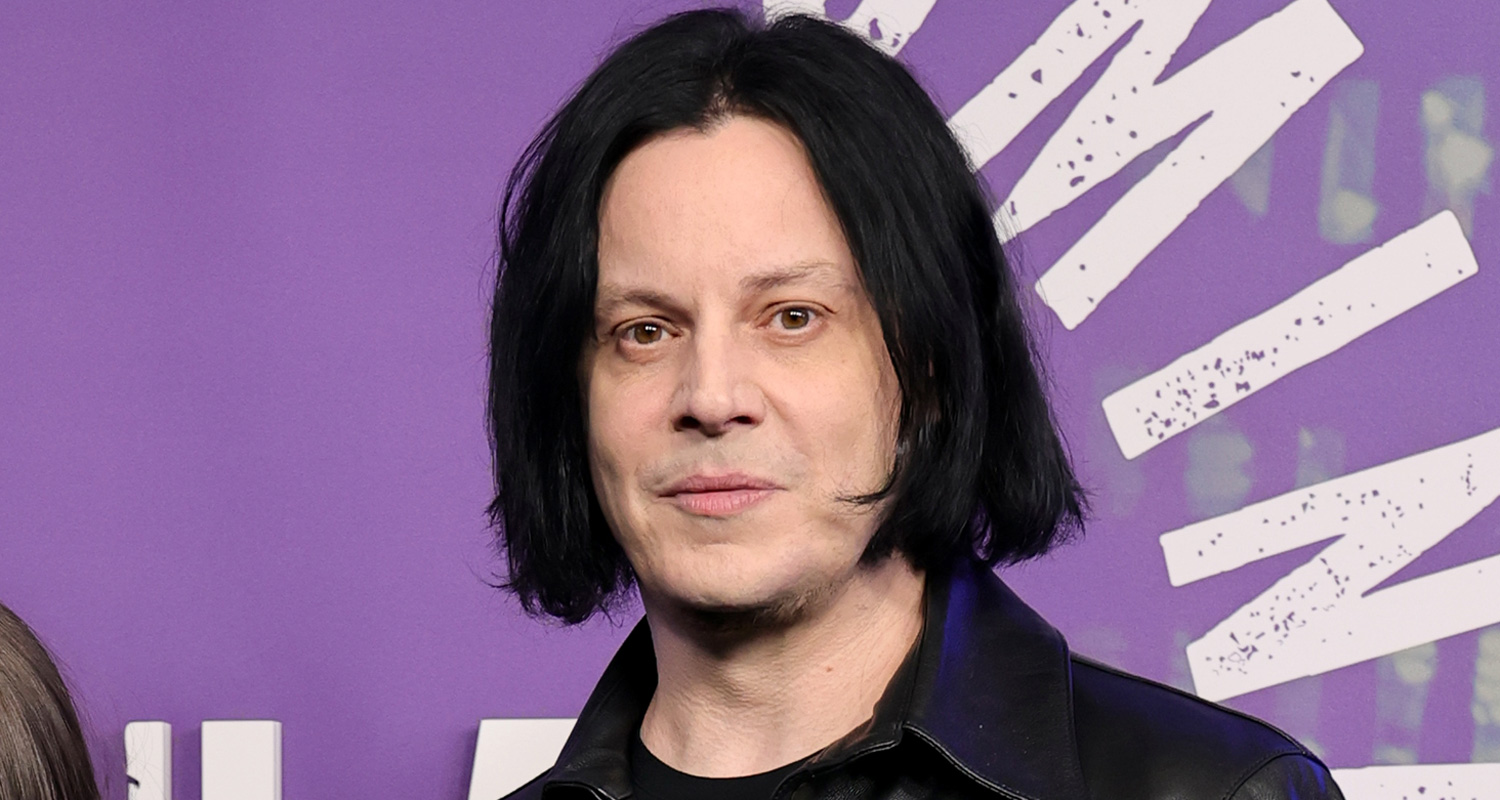Musician Jack White has publicly addressed the White House’s recent remarks labeling him a “washed up, has been loser.” This reaction comes after White made comments about former U.S. President Donald Trump during a performance. The exchange has sparked significant media attention and raised questions about the intersection of celebrity and politics.
During a concert, White criticized Trump’s administration, prompting a response from the White House. In the wake of his statements, White was described in disparaging terms, igniting a heated reaction from the artist. He subsequently took to social media to defend himself, asserting that his music and influence extend beyond the political arena.
White’s Statement and Artistic Integrity
In a post on social media, White emphasized the importance of remaining authentic in his work. He stated, “I refuse to let the White House or anyone else define my worth as an artist.” With a career spanning over two decades, White has established himself not only as a musician but also as a cultural commentator. His work with bands like The White Stripes and his solo projects have garnered critical acclaim and a dedicated fan base.
White’s statement comes at a time when the political climate in the United States is increasingly polarized. His comments reflect a growing trend among artists who feel compelled to speak out against political figures. The backlash from the White House signals a new level of interaction between public officials and celebrities, often resulting in heated exchanges.
Context of the Criticism
The incident coincides with a series of high-profile events in Washington, D.C. For instance, JD Vance, a U.S. Senator, faced heckling during an appearance at DC Union Station. This incident highlights the contentious atmosphere surrounding political discussions and the reactions they provoke.
Moreover, in a related vein, filmmaker James Gunn recently addressed questions regarding recasting actors in the DC Universe, another example of how entertainment and politics are increasingly intertwined.
As the conversation evolves, the public’s response to artists like White becomes crucial. Fans often rally around their favorite musicians, particularly when they take a stand on significant social issues. The broader implications of White’s comments may resonate beyond the music industry, influencing how artists engage with political discourse.
White’s situation serves as a reminder of the powerful role that artists play in shaping public opinion. In an age where social media amplifies voices, the lines between celebrity and politics continue to blur, raising questions about accountability and influence. The ongoing discourse may well impact future interactions between artists and political figures as both navigate an increasingly complex landscape.
